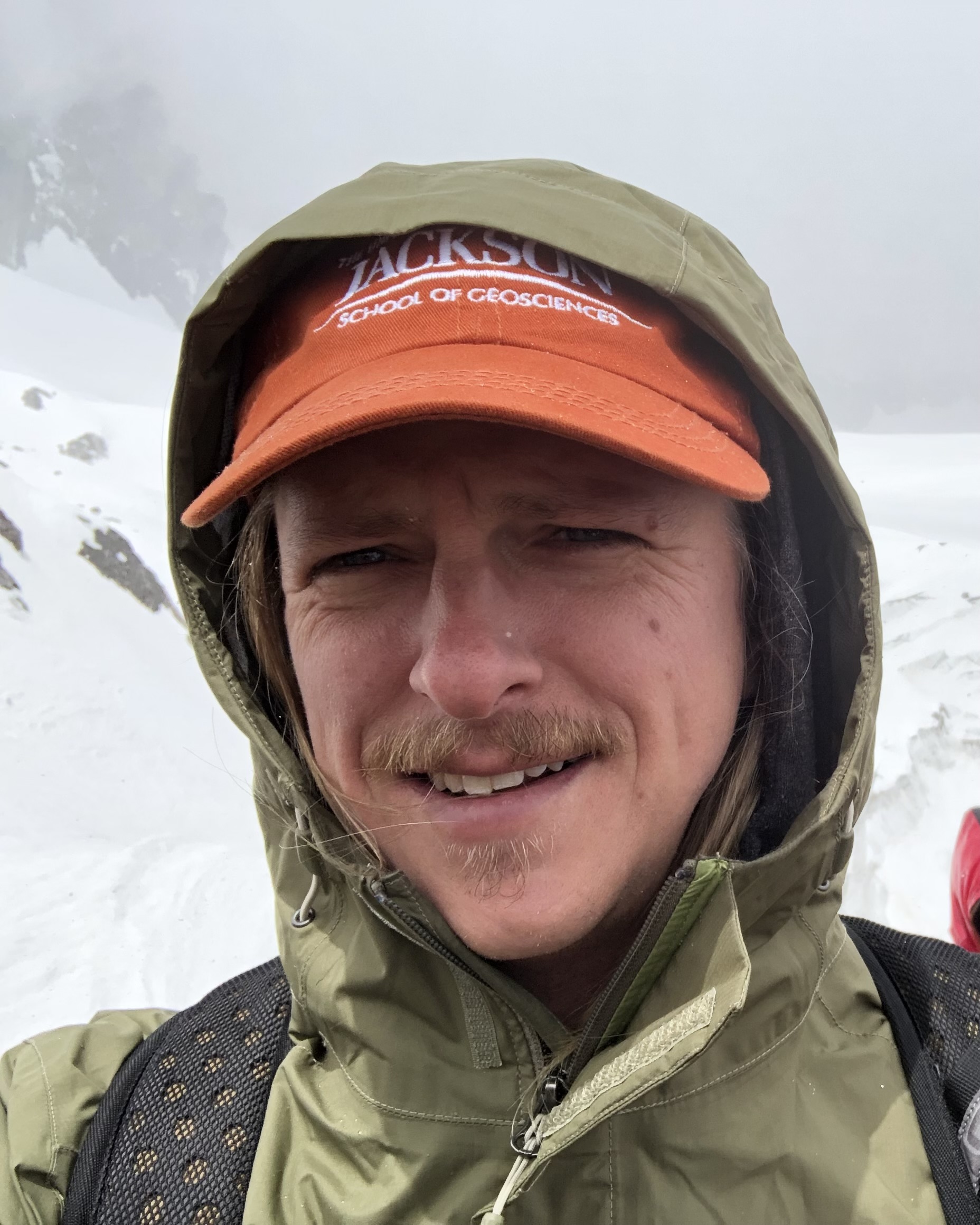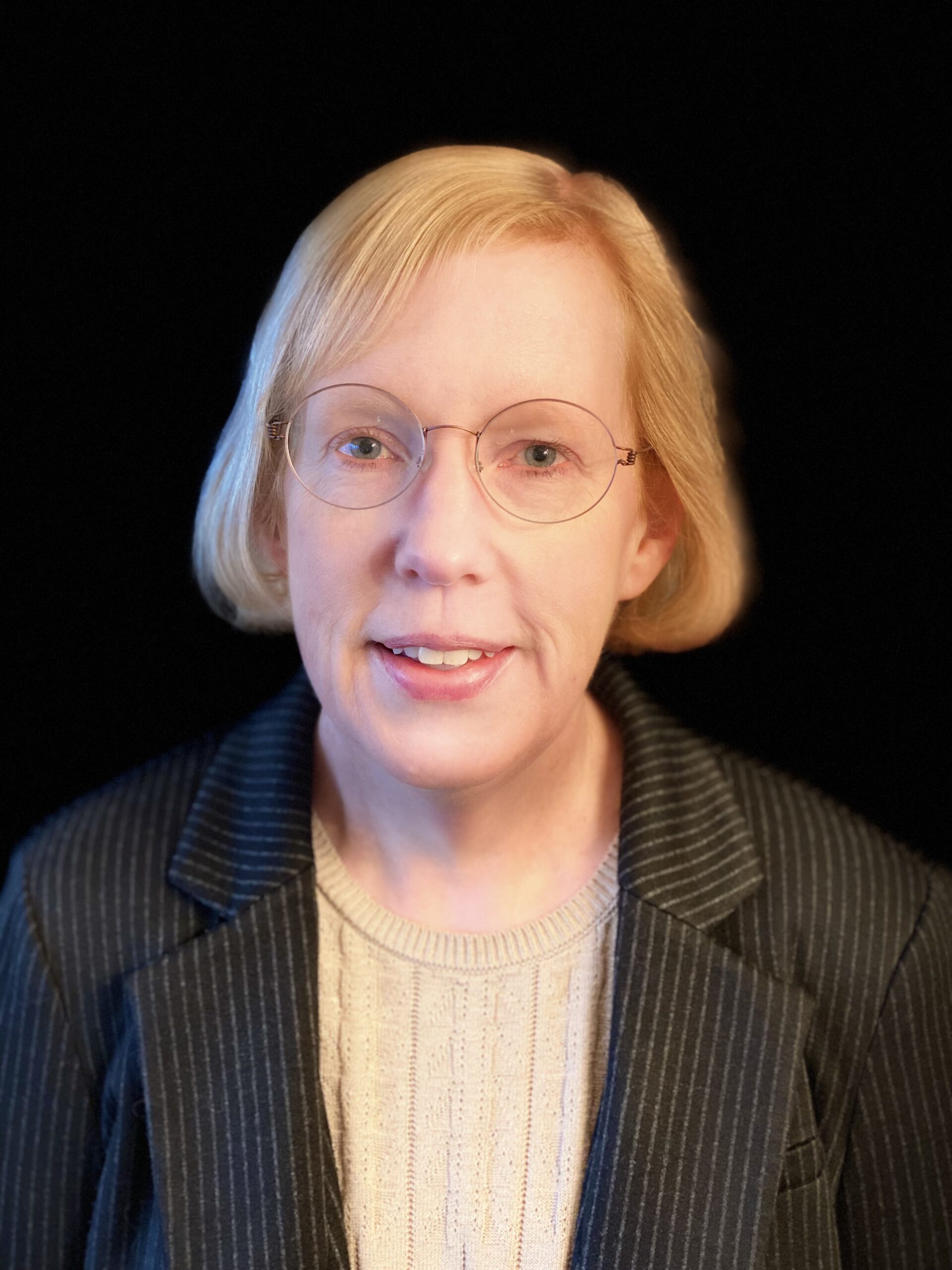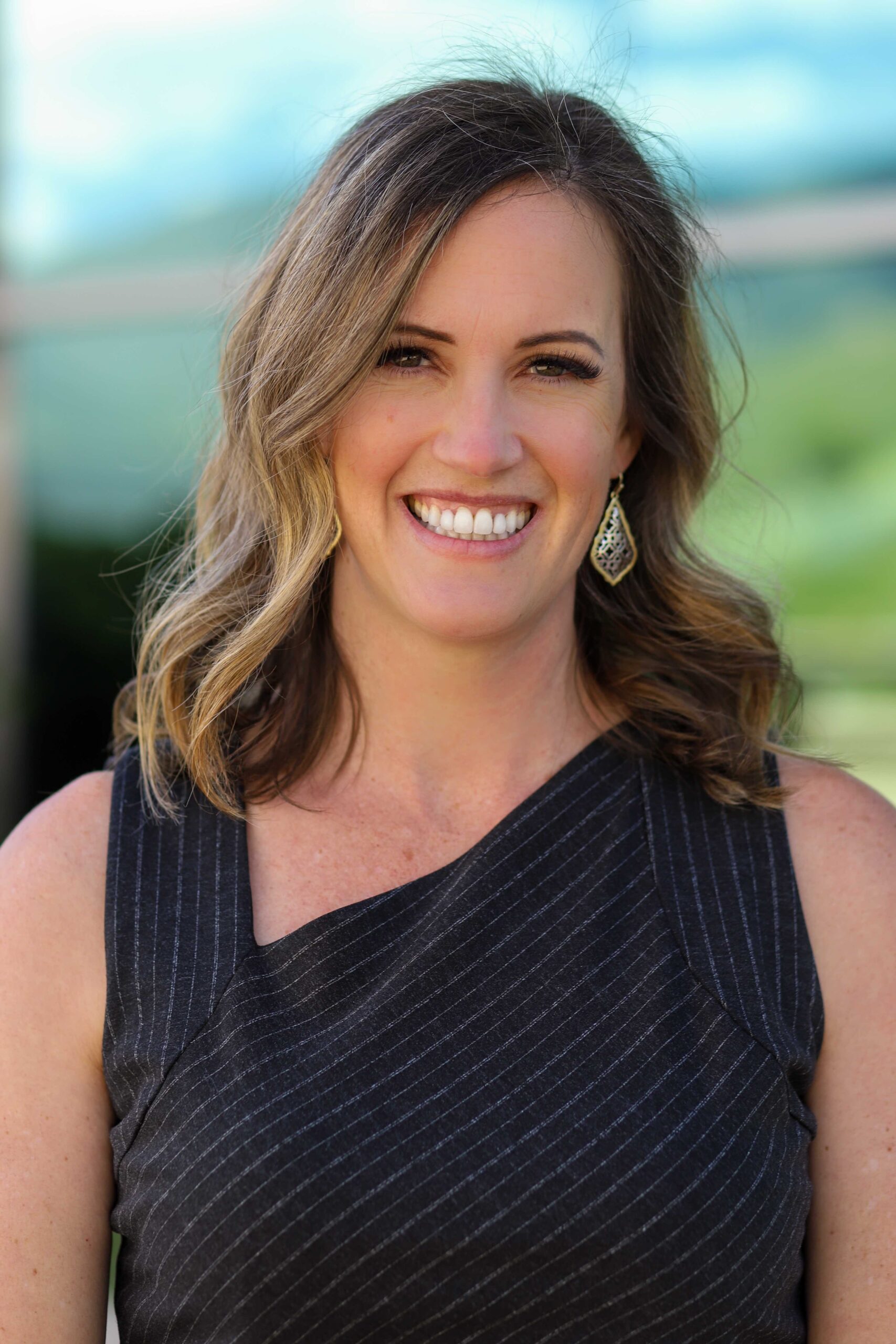The first recipient of the Distinguished Research Award was Professor Leroy J. Robertson in 1965. Professor Robertson was a pivotal scholar in the Department of Music who pioneered music training and culture in the Intermountain West. Over the next six decades, we have honored faculty across the university, though the award remains quite selective. Fewer than 170 faculty have received the Distinguished Research Award since it began.
Our faculty continues to grow and thrive. Not surprisingly, we received more nominees this year than ever before. From that amazing pool of applicants, we are proud to honor three outstanding faculty. The awardees represent diverse fields of study from pathology to communication to geology. They join a list of faculty that represent our best and most impactful researchers.
Jakob D. Jensen
Associate Vice President for Research
 Gabriel Bowen, Professor, Geology & Geophysics
Gabriel Bowen, Professor, Geology & Geophysics
Gabriel Bowen is a Professor of Geology and Geophysics and member of the Global Change and Sustainability Center at the University of Utah, where he leads the Spatio-temporal Isotope Analytics Lab (SPATIAL) and serves as director of the SIRFER stable isotope facility. His research focuses on the use of spatial and temporally resolved geochemical data to study Earth system processes ranging from coupled carbon and water cycle change in geologic history to the movements of modern and near-modern humans. He has coauthored more than 180 peer reviewed papers and book chapters, and his work has been supported by more than $16 million in grants from the US National Science Foundation, other US government agencies, and private foundations. In addition to fundamental research, he has been active in developing cyberinformatics tools and training programs supporting the use of environmental geochemistry ‘big data’ across a broad range of scientific disciplines. He is a Fellow of the American Geophysical Union, Geological Society of America, and Kavli Frontiers of Science program and a recipient of the American Geophysical Union’s 2012 James B. Macelwane Medal.
Kimberly Kaphingst, Professor, Communication
Kimberly Kaphingst is a Professor in the Department of Communication at the University of Utah. She completed her doctoral degree at the Harvard School of Public Health and her postdoctoral training at the Dana-Farber Cancer Institute. Dr. Kaphingst joined the faculty at the University of Utah in 2014.
Kimberly Kaphingst’s research interests are in health communication, digital health, and genetic literacy. A major focus of her health communication research is in the context of cancer genetic and genomic information, examining patient responses to risk information and individuals’ preferences for return of genetic information. She is interested in developing and testing digital health approaches such as chatbots to provide cancer genetic services and risk information to patients. Dr. Kaphingst is also interested in implementing strategies to improve the process of consent into cancer-related clinical trials for patients with varying levels of health literacy.
 June Round, Professor, Pathology
June Round, Professor, Pathology
June Round trained in immunology at UCLA and conducted her postdoc studies at Caltech with Sarkis Mazmanian studying how a polysaccharide on B. fragilis could induce immune tolerance and protect from intestinal disease. She opened her own lab in Sept. 2011 at the University of Utah studying the interaction between the immune system and the microbiota. Her lab utilizes microbiology, immunology, bioinformatics and mouse models of disease to study this relationship. While most people view our interactions with microbes through the lens of pathogenesis, most human interactions with microbes result in benign or even beneficial reactions. Thus, the goal of the research in the Round lab is to uncover the relevant microbes that confer these benefits and understand the mechanistic underpinnings of these relationships so that we can harness the power of the microbiota for therapeutics.
Twitter: @RoundLabUtah
